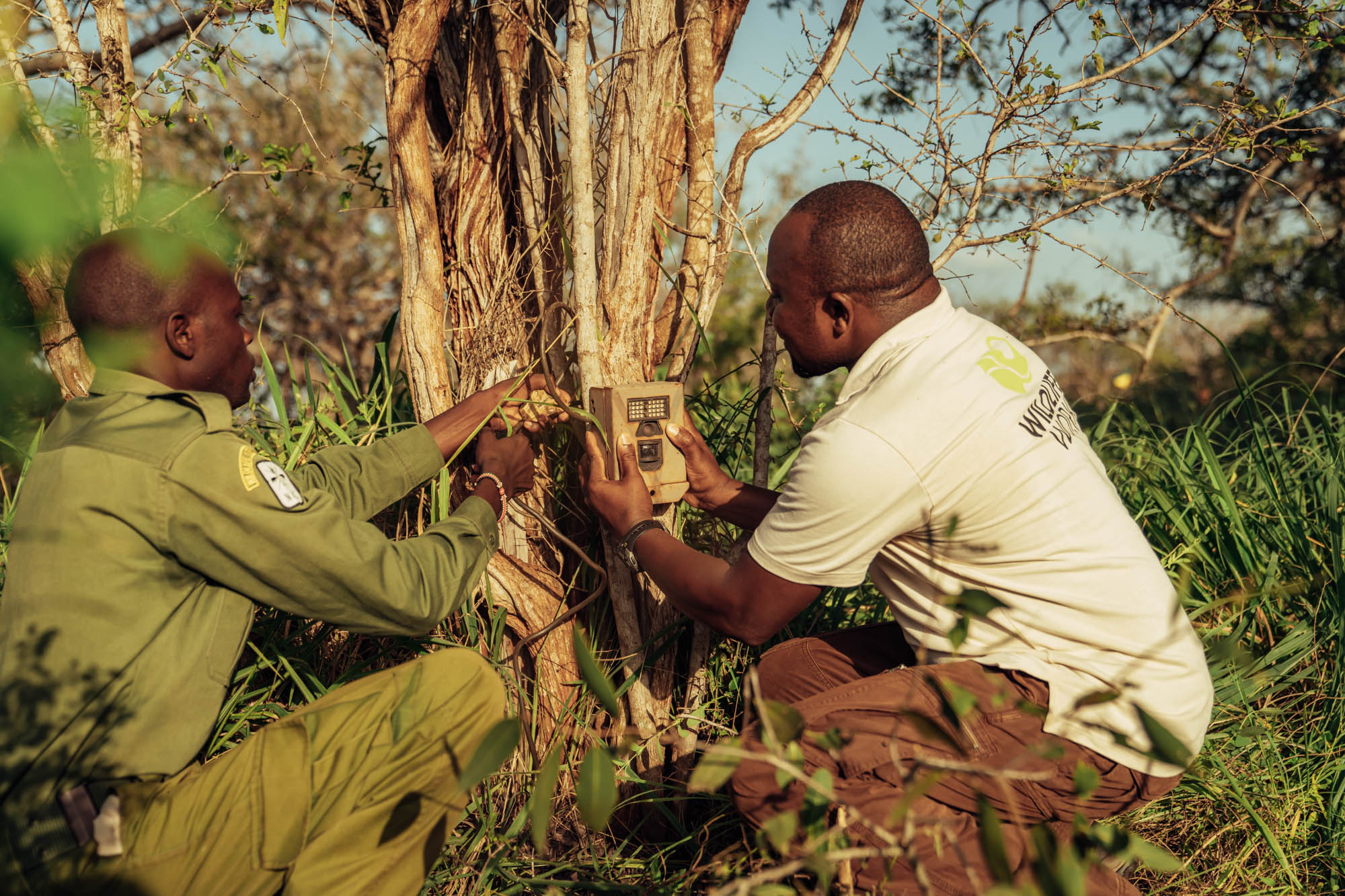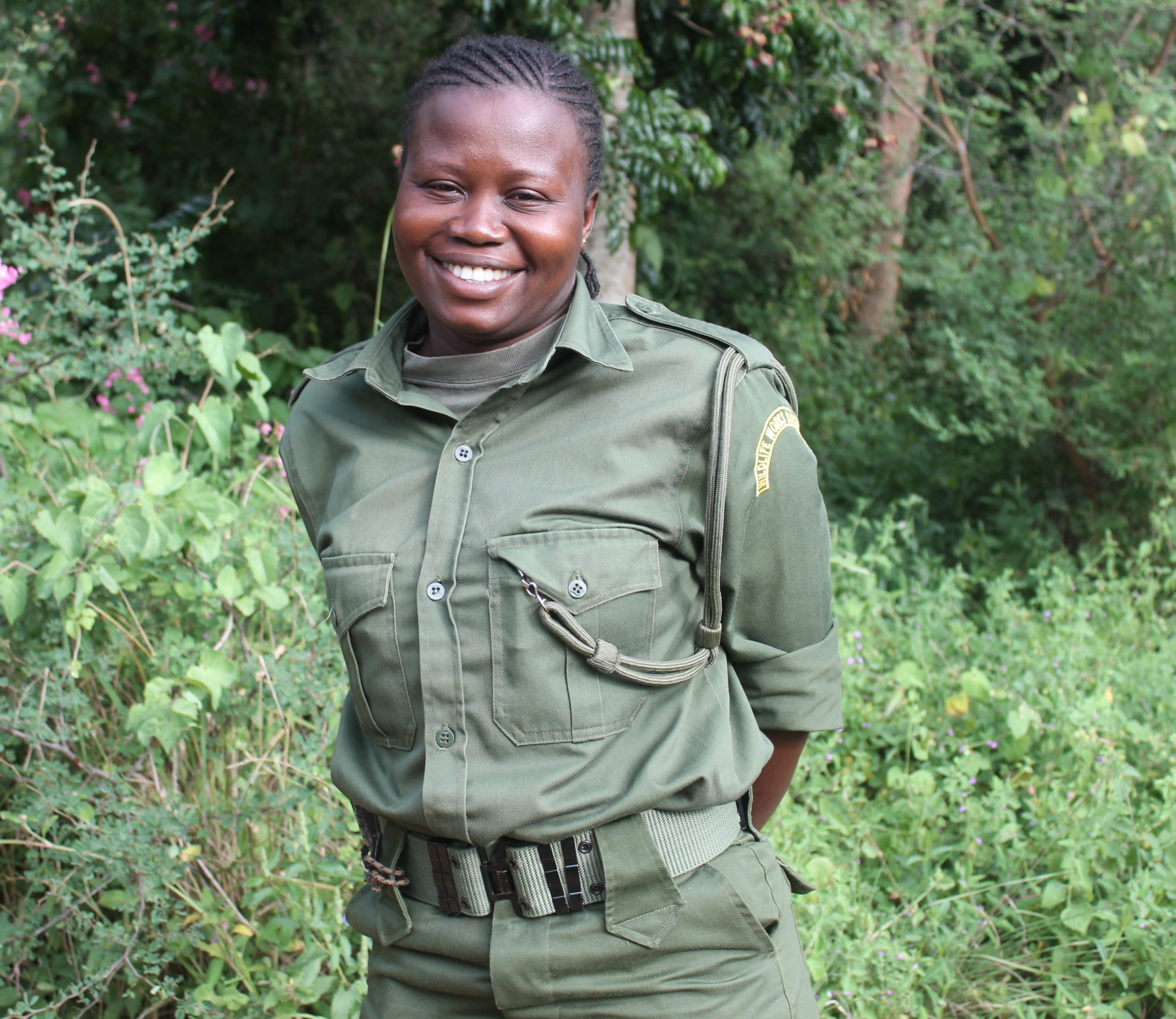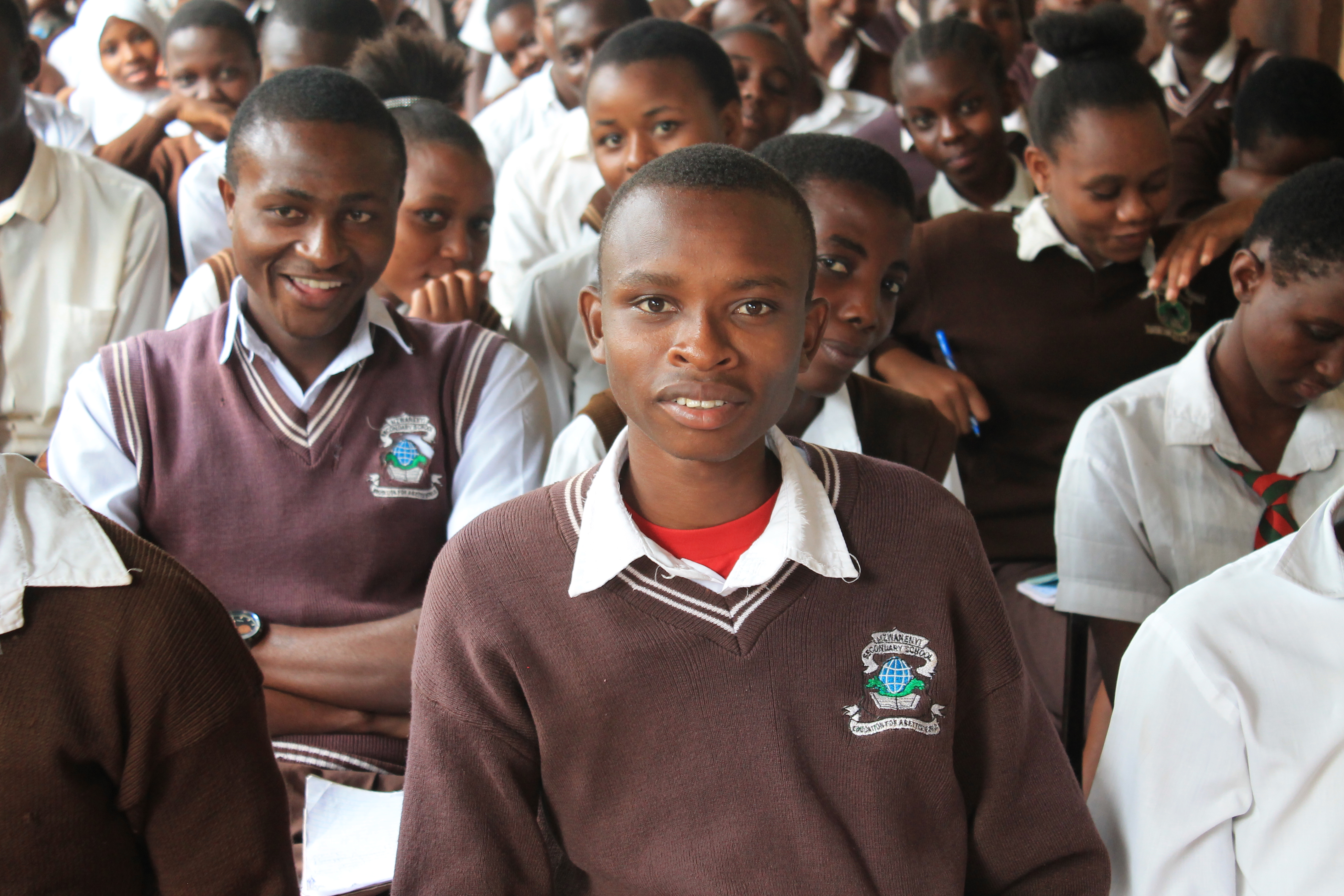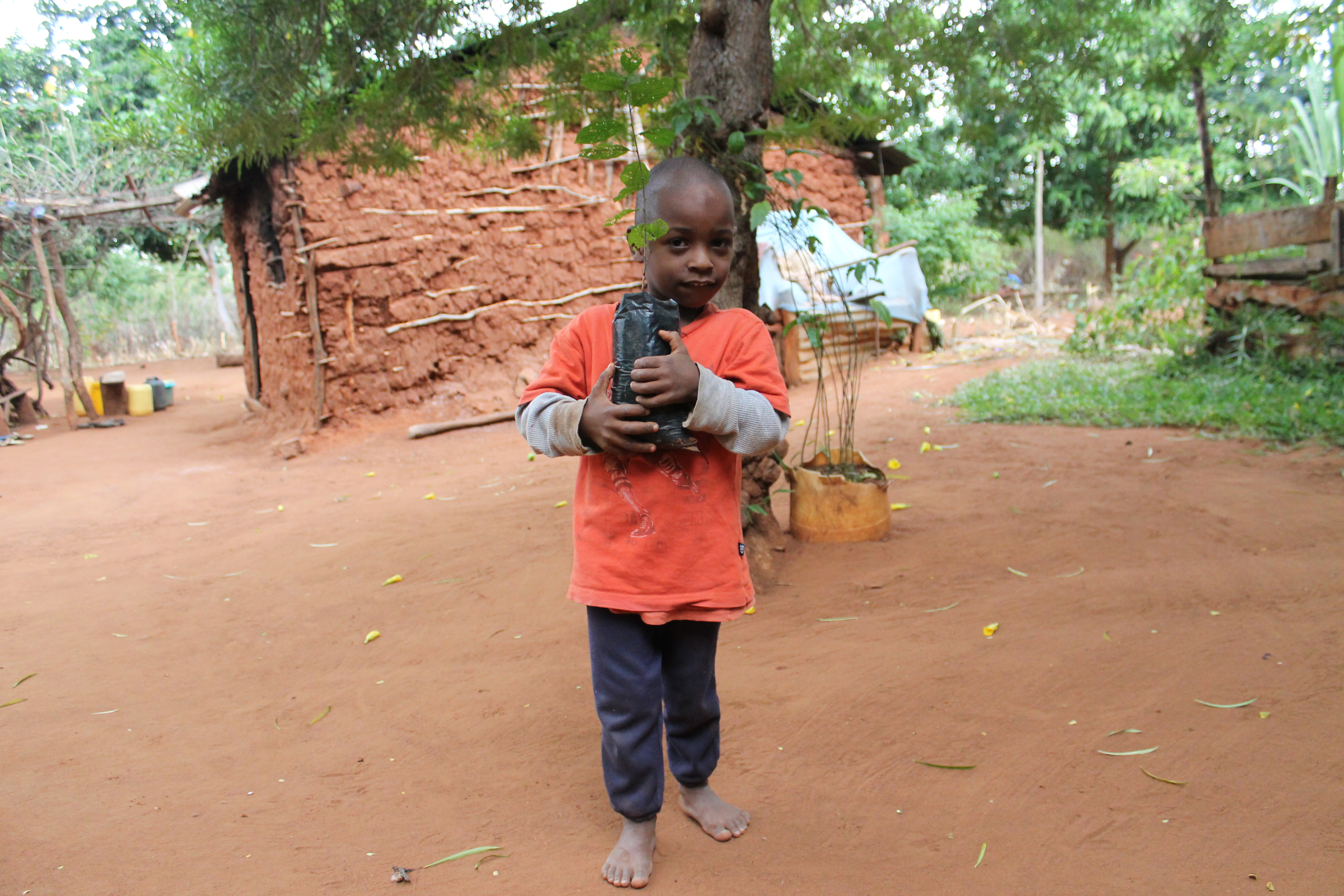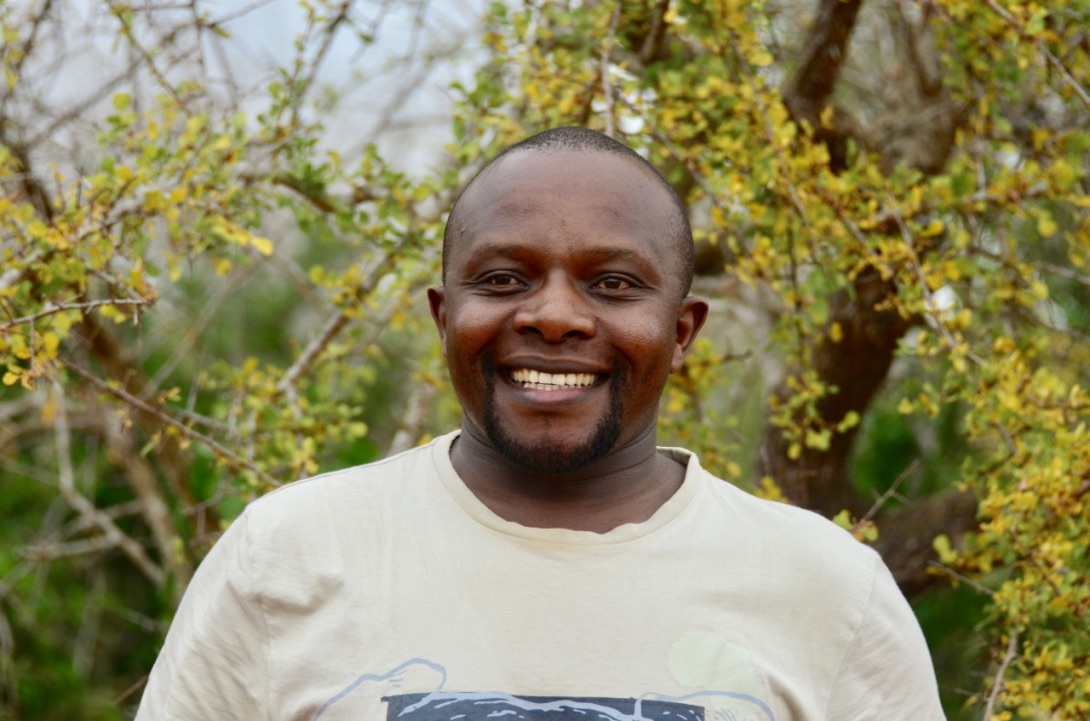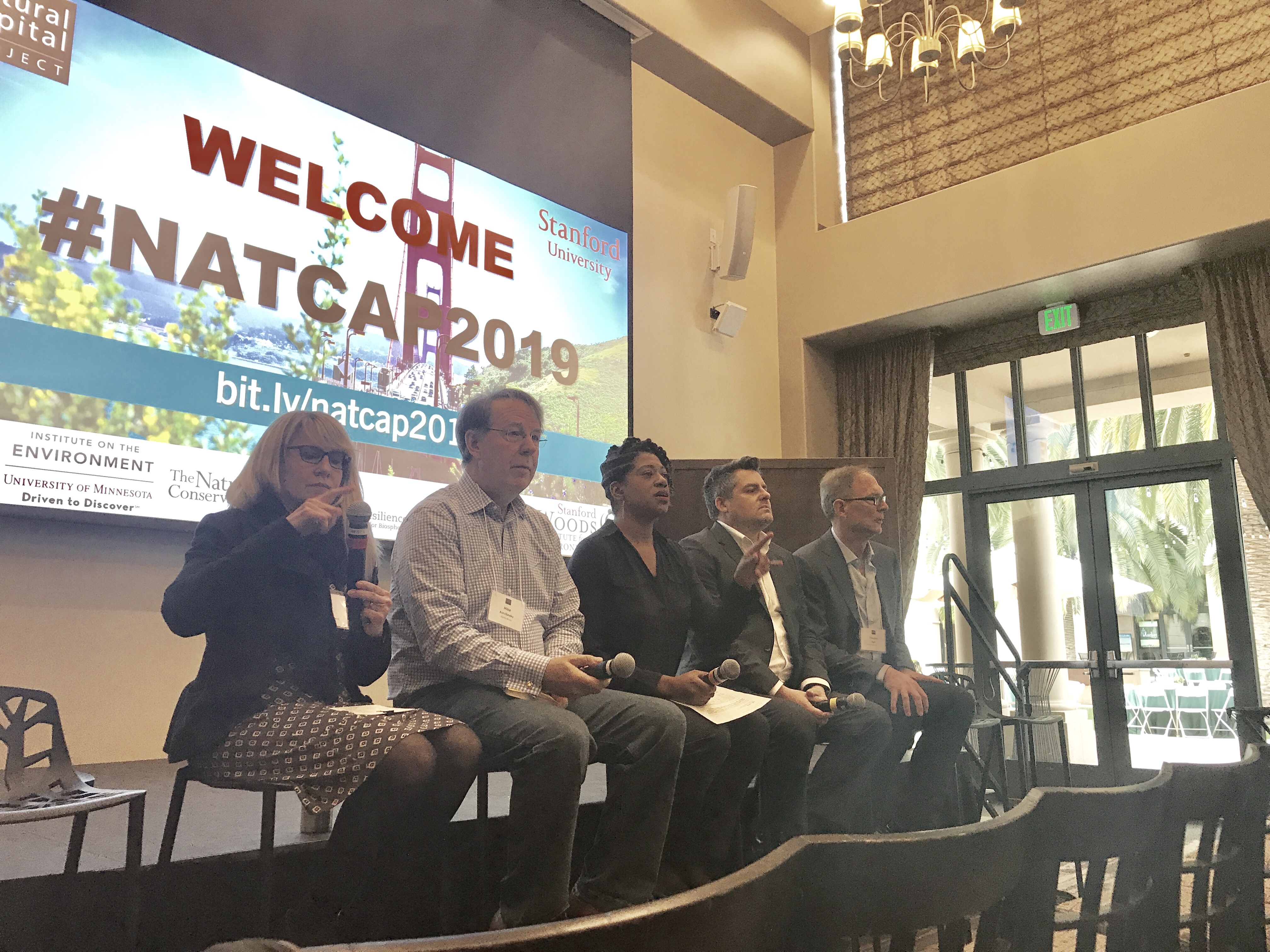-
WW hosts the Sixth Field Dialogue for Interests in Investing in Locally Controlled Forests
By Jimmy Eggers, Wildlife Works Special Projects Wildlife Works hosts the Sixth Field Dialogue for Interests in Investing in Locally Controlled Forests Sponsors include Wildlife Works, Nedbank As the owners and protector-operators of the Africa’s first carbon offset project under the new (2009) REDD guidelines, Wildlife Works was happy to recently host members of The Forests Dialogue (TFD) on November 29, 2010. There were some 47 members from all parts of the world, including Canada, the USA, Scandanavia, Europe, Asia, Central America, South America, and Africa. Delightfully, these travelers were able to mingle and exchange ideas with the chiefs and directors of the very communities adjacent to and supporting our REDD+…
-
Green Charcoal, a partial solution to natural resource degradation in East Africa
By Jimmy Eggers, Special Projects Director, WWC On a worldwide basis, the destruction or degradation of forest vegetation by slash and burn agriculture and timber harvest is the largest contributor to increased CO2 emissions into the atmosphere. This is more than manufacturing emissions, machine exhaust emissions, and petrochemical by-product emissions combined. So by extension, some might say that forest resource misuse is the primary problem to be solved when looking at our efforts to reduce CO2 emissions, and thereby improve our climate change outlook. In East Africa, a major portion of forest degradation is done by persons engaged in charcoaling. Charcoaling is a production process whereby indigenous hardwood trees and shrubs…

